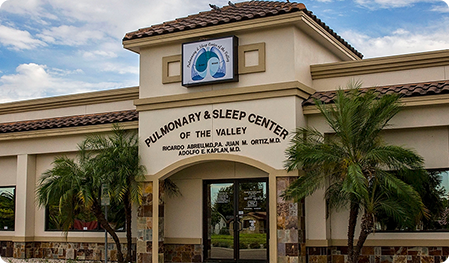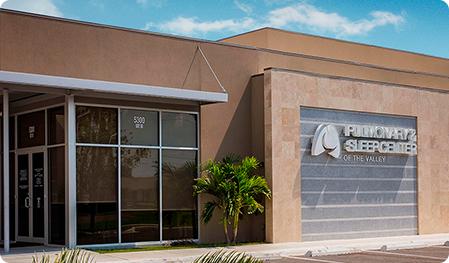Choose Location
We provide care in three easily-accessible locations across the Rio Grande Valley.

Weslaco
1604 East 8th St., Suite A
Weslaco, TX
Phone: (956) 447-5557

McAllen
5300 North McColl Rd., Suite 100
McAllen, TX
Phone: (956) 630-1000

Mission
1022 E. Griffin Pkwy.
Mission, TX 78572
Phone: (956) 833-6000
